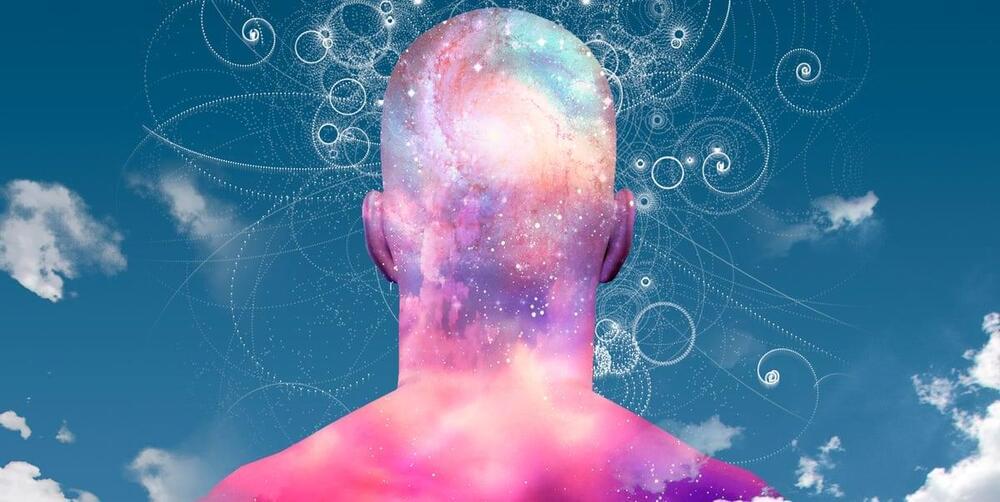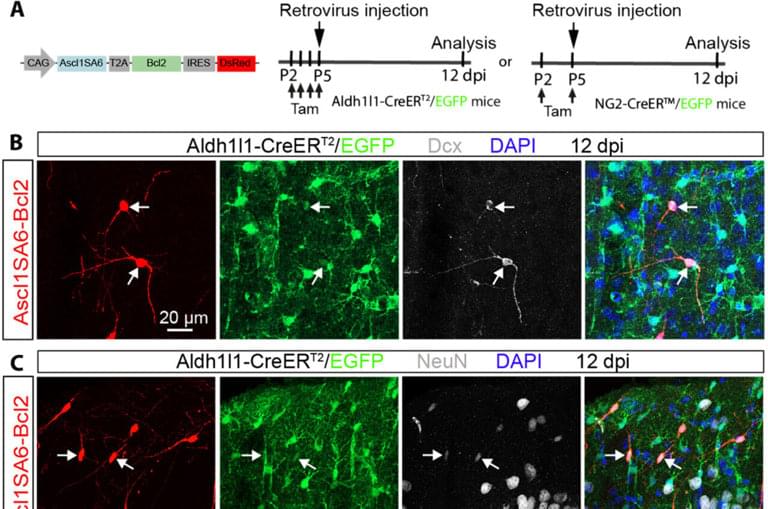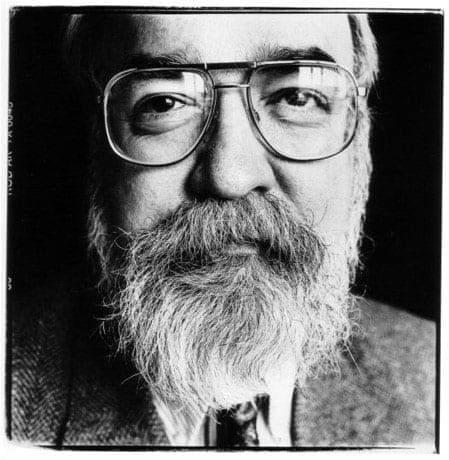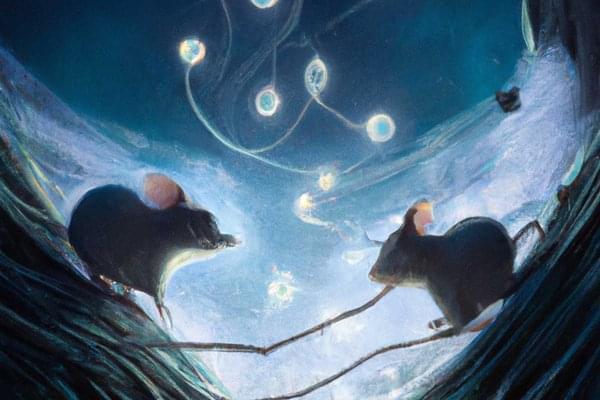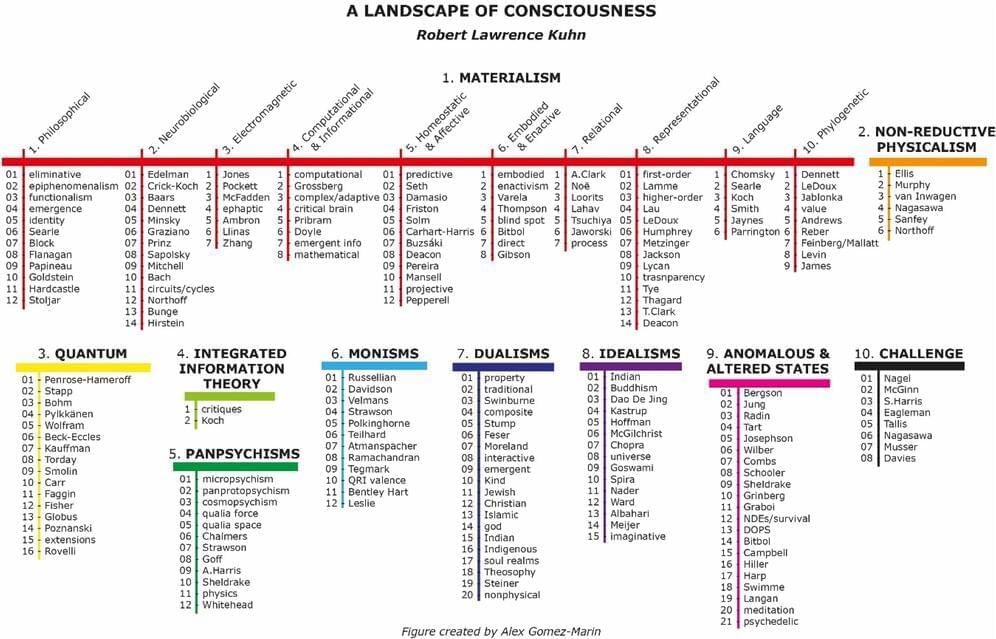Archive for the ‘neuroscience’ category: Page 39
Oct 31, 2024
Daniel Dennett — Consciousness, Qualia and the “Hard Problem”
Posted by Dan Breeden in category: neuroscience
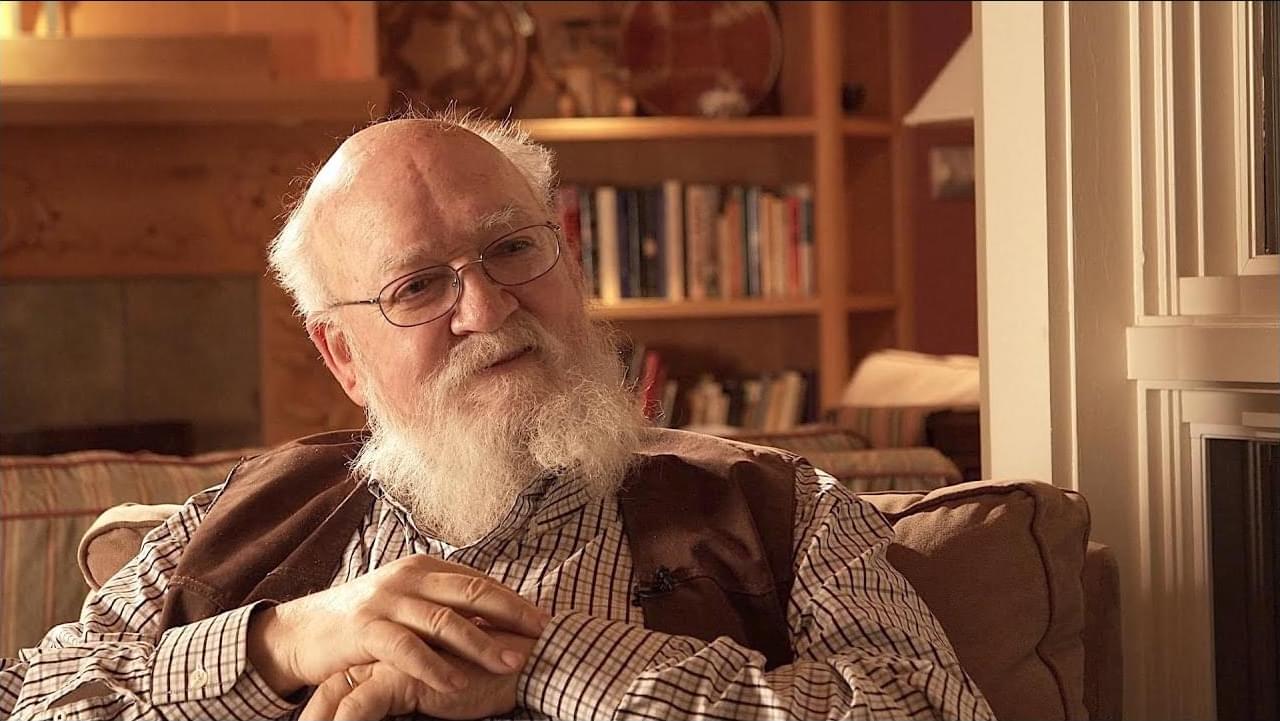
Philosopher Daniel Dennett explains how his functionalist perspective can shed some light on the apparent mystery of conscious experience. Interviewed by Louis Godbout.
(Aria from J.S. Bach’s Goldberg Variations played by Andrew Rangell, Keyboard Masterworks, Steinway \& Sons).
Oct 30, 2024
Reprogramming brain cells into neurons: New findings on astroglia has implications for regenerative medicine
Posted by Genevieve Klien in categories: biotech/medical, life extension, neuroscience
Researchers have successfully demonstrated how astroglia—cells that support the functioning of the brain—can be reprogrammed into cells resembling interneurons.
Oct 30, 2024
Daniel Dennett: The Magic of Consciousness…Without the Magic
Posted by Dan Breeden in categories: computing, education, neuroscience
Daniel C. Dennett is one of the most influential philosophers of our time, perhaps best known in cognitive science for his multiple drafts (or “fame in the brain”) model of human consciousness, and to the secular community for his 2006 book Breaking the Spell. Author and co-author of two-dozen books, he’s the Austin B. Fletcher Professor of Philosophy, and Co-Director of the Center for Cognitive Studies at Tufts University, where he taught our very own Point of Inquiry host Lindsay Beyerstein.
Beyerstein and Dennett catch up to discuss Dennett’s newest book, From Bacteria to Bach and Back: The Evolution of Minds. It’s a fresh look at Dennett’s earlier work on the subject of consciousness, taken in new directions as he seeks a “bottom-up view of creation.” Join Dennett and Beyerstein as they discuss the how’s and why’s of consciousness, not just from an evolutionary and neurological standpoint, but also through the lenses of computer science and human culture.
New POI episodes and updates sent right to you. It’s as easy as typing in your email. Your email isn’t shared with anyone else. Just news and updates.
Oct 30, 2024
Decoding the Hidden Signals of Aggression and Arousal in the Brain
Posted by The Neuro-Network in category: neuroscience
New research reveals insights into the neural signals underlying the internal emotional states of anger and arousal.
Oct 30, 2024
The Hidden Math Behind All Living Systems
Posted by Dan Breeden in categories: biological, mathematics, neuroscience, robotics/AI

Dr. Sanjeev Namjoshi, a machine learning engineer who recently submitted a book on Active Inference to MIT Press, discusses the theoretical foundations and practical applications of Active Inference, the Free Energy Principle (FEP), and Bayesian mechanics. He explains how these frameworks describe how biological and artificial systems maintain stability by minimizing uncertainty about their environment.
Namjoshi traces the evolution of these fields from early 2000s neuroscience research to current developments, highlighting how Active Inference provides a unified framework for perception and action through variational free energy minimization. He contrasts this with traditional machine learning approaches, emphasizing Active Inference’s natural capacity for exploration and curiosity through epistemic value.
Continue reading “The Hidden Math Behind All Living Systems” »
Oct 29, 2024
Elon Musk Says Neuralink Should Make Brain Chips That Will Eliminate Neck And Back Pain
Posted by Roman Kam in categories: computing, Elon Musk, neuroscience

Billionaire entrepreneur Elon Musk said on Tuesday (October 29) that Neuralink, the company he co-founded, should look to develop a brain implant which would alleviate neck and back pain. Neuralink develops makes Brain-Computer Interfaces (BCIs) which can be implanted in human brain. Musk’s latest comment came in a post he made on X (formerly Twitter), the social media platform he owns.
I am increasingly convinced that @Neuralink should prioritize making an implant that can eliminate back & neck pain.
Oct 29, 2024
Terrence Deacon — Philosophy of Biological Information
Posted by Dan Breeden in categories: biological, computing, education, genetics, neuroscience
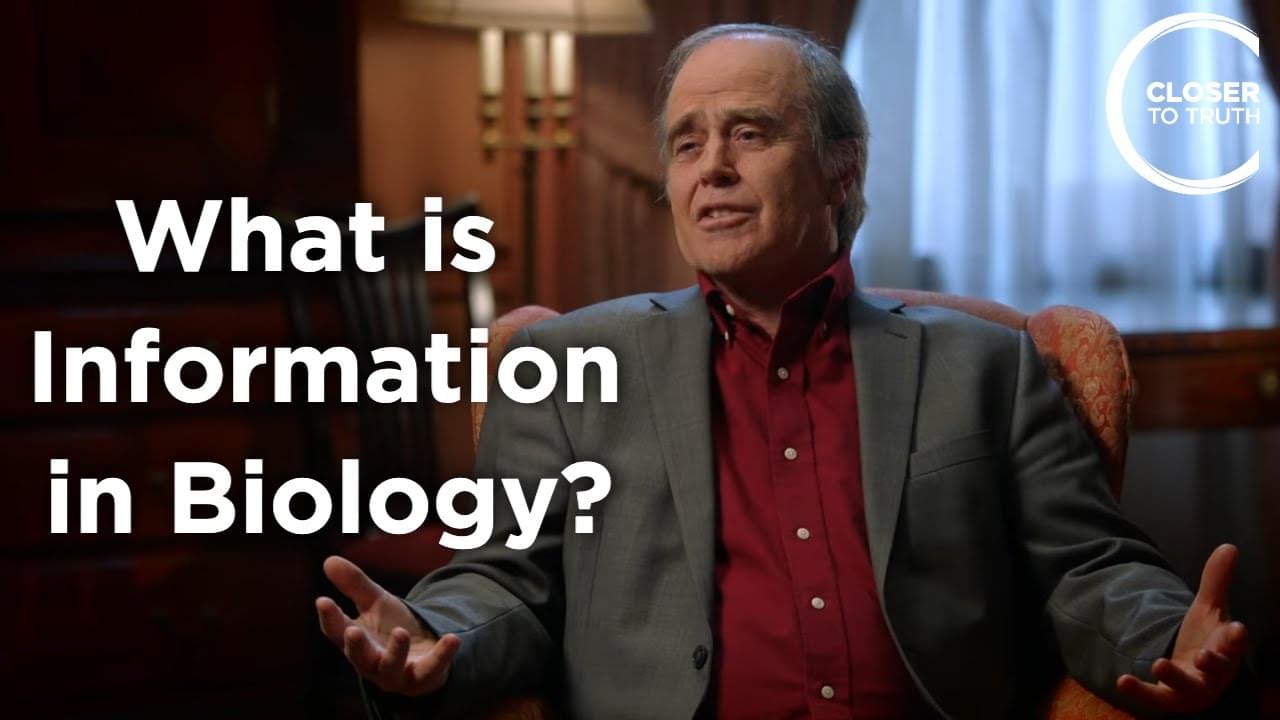
Donate to Closer To Truth and help us keep our content free and without paywalls: https://shorturl.at/OnyRq.
What is information in biology? information is essential for analyzing data and testing hypotheses. But what is information in evolution, population genetics, levels of selection, and molecular genetics? Is computational biology transformational?
Continue reading “Terrence Deacon — Philosophy of Biological Information” »
Oct 29, 2024
A landscape of consciousness: Neurophysiologist presents diverse theories and taxonomy of proposed solutions
Posted by Dan Breeden in category: neuroscience
“Out of meat, how do you get thought? That’s the grandest question.” So said philosopher Patricia Churchland to Robert Lawrence Kuhn, the producer and host of the acclaimed PBS program, Closer to Truth.
Oct 29, 2024
The Human Mind Isn’t Meant to Be Awake After Midnight, Scientists Warn
Posted by Dan Breeden in category: neuroscience
In the middle of the night, the world can sometimes feel like a dark place. Under the cover of darkness, negative thoughts have a way of drifting through your mind, and as you lie awake, staring at the ceiling, you might start craving guilty pleasures, like a cigarette or a carb-heavy meal.
Plenty of evidence suggests the human mind functions differently if it is awake at nighttime. Past midnight, negative emotions tend to draw our attention more than positive ones, dangerous ideas grow in appeal and inhibitions fall away.
Some researchers think the human circadian rhythm is heavily involved in these critical changes in function, as they outline in a 2022 paper summarizing the evidence of how brain systems function differently after dark.
